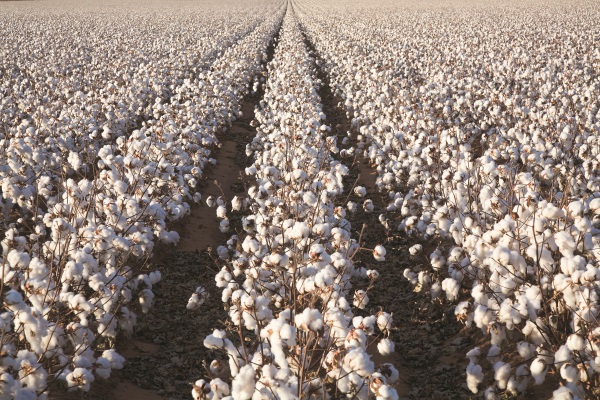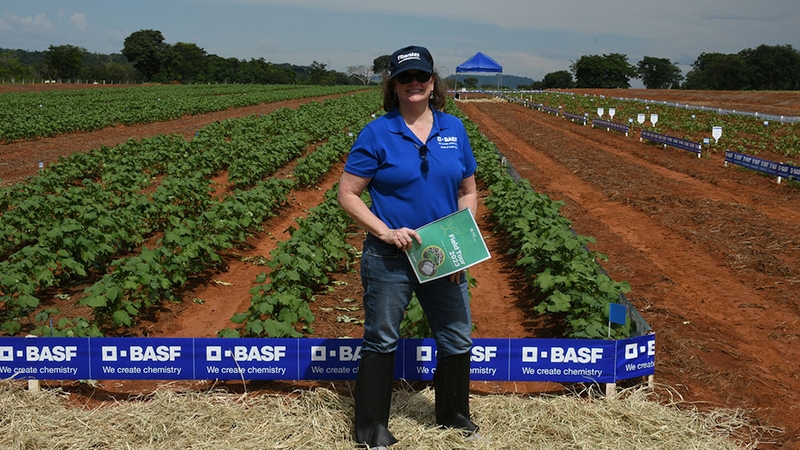Strong Seed Quality Leads to a Healthy Cotton Crop
For Jonathan Mann of GBJ Mann Farms near Surrency, GA, seed quality is a key factor in choosing his cottonseed.
Mann is the fourth generation of his family’s farm, which includes 1,400 acres of cotton, 800 acres of peanuts, a few acres of pecans and four poultry houses.
“For us, planting conditions were optimal when we started putting our cottonseed in the ground,” said Mann. “But after a week or two, things started to turn very dry. And when it did, conditions became tough, and that’s when we really relied on the seed quality in the Stoneville varieties we planted.”
Mann said many farmers in the area who chose other cottonseed brands have either had to replant or chose not to replant and let those acres remain idle, resulting in a lost crop.
“Stoneville has really shined in our fields this year,” he said. “Where we planted Stoneville varieties, we’ve had great early season vigor, which has led to strong, even emergence and no standing cotton losses.”
The Manns planted several varieties including ST 5471GLTP, ST 5600B2XF and ST 6182GLT. “We have peace of mind knowing the varieties we plant are going to come up the first time,” Mann explained.
Having poor quality seed not only impacts the grower’s ability to get a good cotton stand, but can also impact the cotton plants’ ability to battle other stresses early in the season. Dr. Scott Asher, Eastern Region Agronomic Manager for BASF, explained that weak cotton plants are more susceptible to seedling disease, such as Rhizoctonia.
“This disease has been prevalent in the Southeast this year,” said Asher. “Additionally, a weak cotton plant can also have a higher likelihood of having a negative response from preemergence herbicides and limits the ability of the cotton seedlings to recover from damage from thrips.”
Thrips were an issue this planting season for Cody Rhodes of Sirmon Farms in Daphne, AL – about 10 minutes from the Gulf of Mexico. Sirmon Farms has about 4,500 acres of cotton, corn, sweet potatoes, red potatoes, peanuts and hemp.
“Seed quality means a lot to us, because we grow skip-row cotton,” said Rhodes. “With skip row, we’re already cutting our seed population by a third, and we’re battling high humidity and disease. We rely on seed quality and early-season vigor to get that seed up and out of the ground.”
“ST 5471GLTP really shot up and came out of the ground quick,” he added. “The cost of seed is high, and we want to get the best return on our investment. We’ve been really happy with Stoneville’s seed quality this year.”
Stoneville seed quality gets put to the test
“Only after each lot is completely tested and evaluated will we release and ship our high-quality cottonseed to our valued customers,” said Jeff Brehmer, Manager of Commercial Seeds Production for BASF. “We take many steps to sort out the very best seed, testing and monitoring all varieties to ensure that we’re getting consistent quality, regardless of where that seed was grown or where it was processed.”
“Having high-quality seed coupled with a variety that emerges quickly and has early-season vigor that can handle early-season stresses increases the opportunity for a strong finish come harvest time,” added Asher.
To learn more about seed quality and Stoneville, contact your BASF representative or visit Stoneville.com.
Based on information provided by BASF









